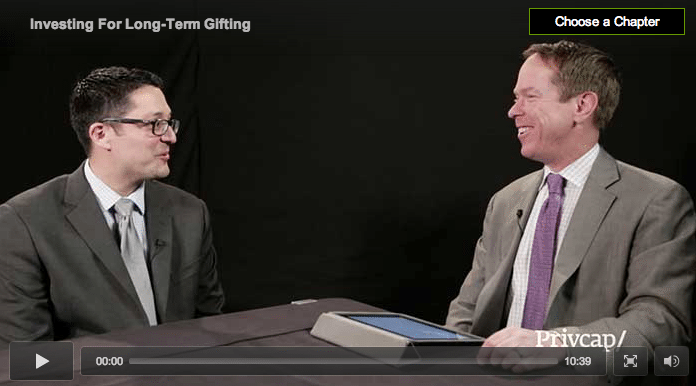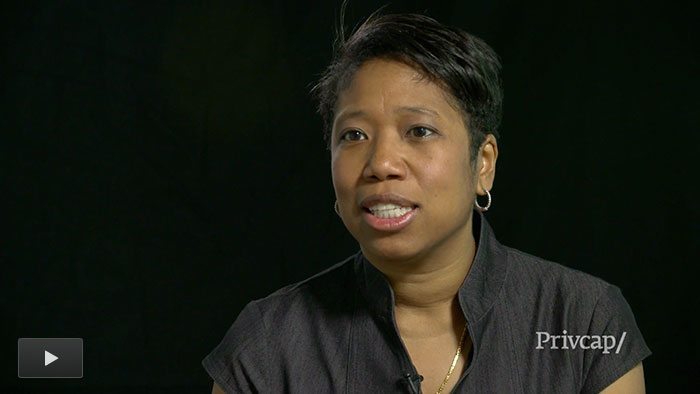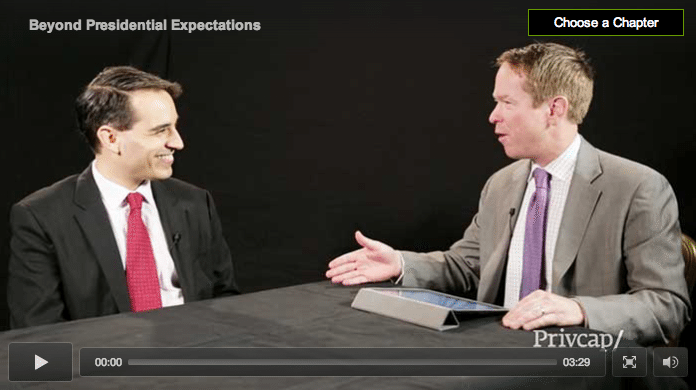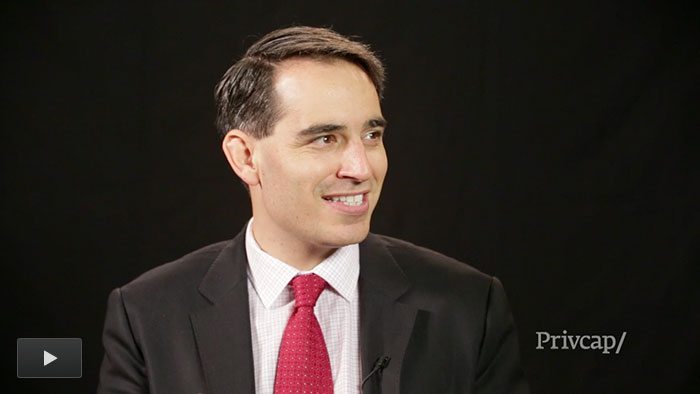Kellogg’s Deep Pockets for Private Equity
In 1934, Will Keith Kellogg donated $60 million of his cereal company’s stock to form the W.K. Kellogg Foundation Trust.
Today, that $8 billion portfolio has become one of the largest philanthropic organizations in the U.S. Carlos Rangel, senior portfolio manager, discusses the Kellogg Foundation’s 20% allocation to private equity and lists his team’s “non-negotiables” when it comes to selecting managers.
Rangel on private equity allocation
We have $5 billion in Kellogg stock as a legacy and generous gift from Mr. Kellogg, and $3 billion that we manage as a diversified portfolio. Of that, about 20% of the portfolio is in private equity.
There’s been an evolution and over time, we’ve allocated more to private equity after we’ve experienced the benefits of investing in this asset class. We find that it should be a pocket in our portfolio for capital appreciation. The comparison we often run when we choose between investing in public or private equities is that we want managers that have a differentiated skill-set. They offer returns that can only be achieved through a PE vehicle. Given the liquidity constraints, there’s a higher return threshold that we would expect by 200 to 500 points. The role of PE in the portfolio will likely continue to grow over time.
On co-investments
We typically require reduced fees for co-investments. We also want to make sure that we clearly understand the co-investment and that we choose a core manager who can continue to raise new funds for us.
On emerging markets
A year ago, we identified emerging markets as one of our priorities. We have a small emerging markets team so a fund of fund structure would give us a partner who can handle a wider geography. We chose Advance Capital, which is a new fund of funds that covers Latin America, Africa, Asia and Eastern Europe.
On balancing illiquidity with gifting mandates
We’re very active in mezzanine, given the constraints we have as an investor. We have to pay out 5% of our capital ever year, so lock-up considerations are a big issue for us given our gifting rules.
We had to de-emphasize timber due to long lock-ups, even though we recognized the merits of investing in it due to the IRR. When it comes to venture capital, despite the long lock-up, we finally said some investments may have higher IRRs and shorter durations, which is positive for our gifting programs.
But if you focus only on IRR and your sacrifice the investment multiples that result, you may shortchange the fund over time. So you need to balance the ability to generate cash flows in the near term with the necessity of generating good compounding and investment multiples over time, to be able to maintain your gifting power over ten zillion decades.
On screening GPs
The starting point of our non-negotiables is the strength of the team; we need to find a team with a defining skill set that is capable of repeatedly delivering alpha in a specific strategy. The team must offer the right market fees or lower – and it has to be a fee structure that is commensurate to the type of opportunity. And lastly, we want to be able to dig into a track record. If it is a first time fund, we need proof that a management team can deliver on the returns that we’re looking for in private equity, despite the lock-up period.
The W.K. Kellogg Foundation has become one of the largest philanthropic organizations in the U.S. Carlos Rangel, senior portfolio manager, discusses the Kellogg Foundation’s 20% allocation to private equity and lists his team’s “non-negotiables” when it comes to selecting managers.




